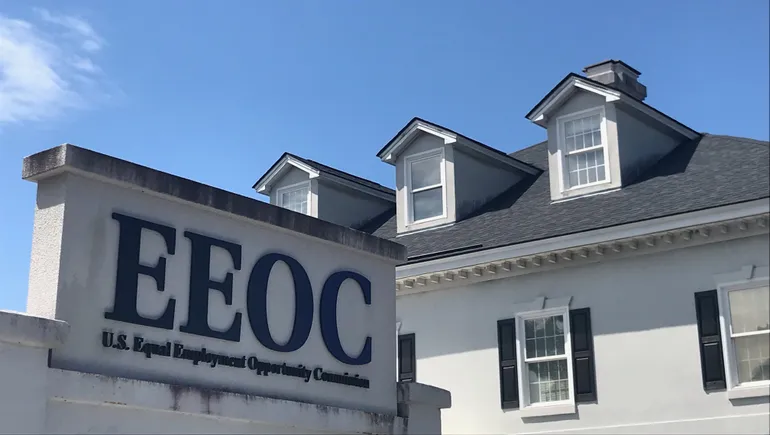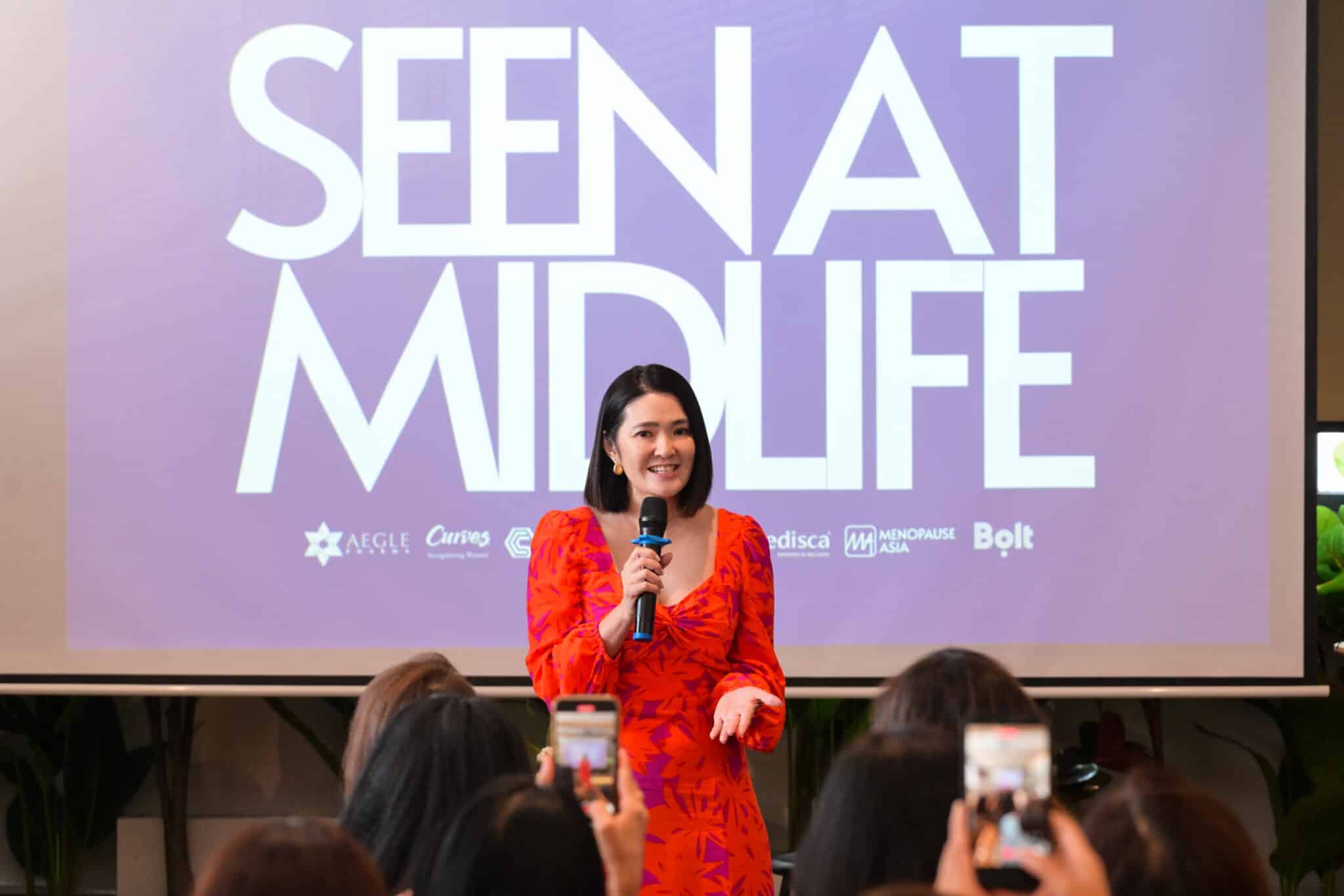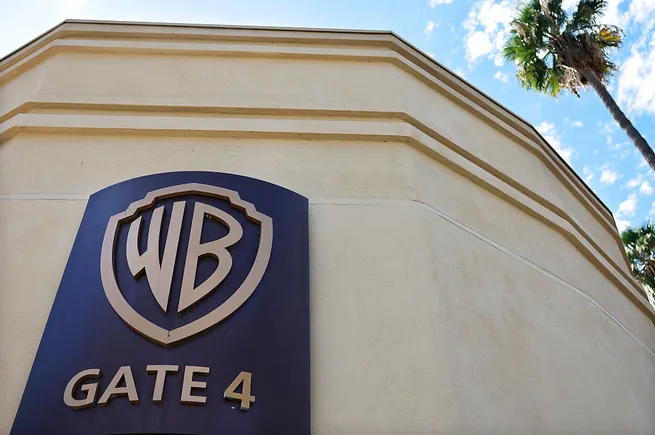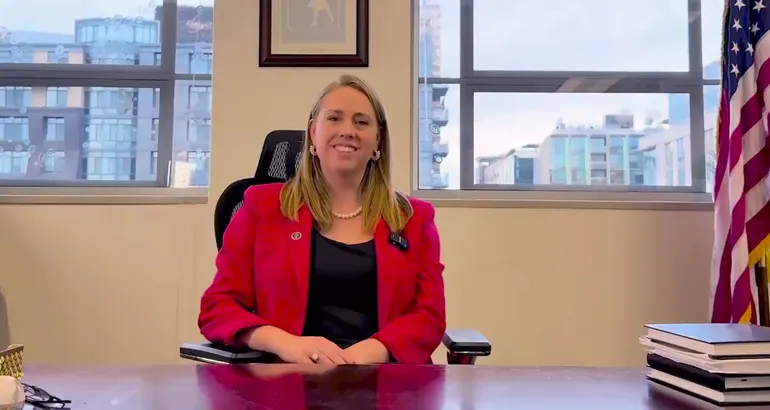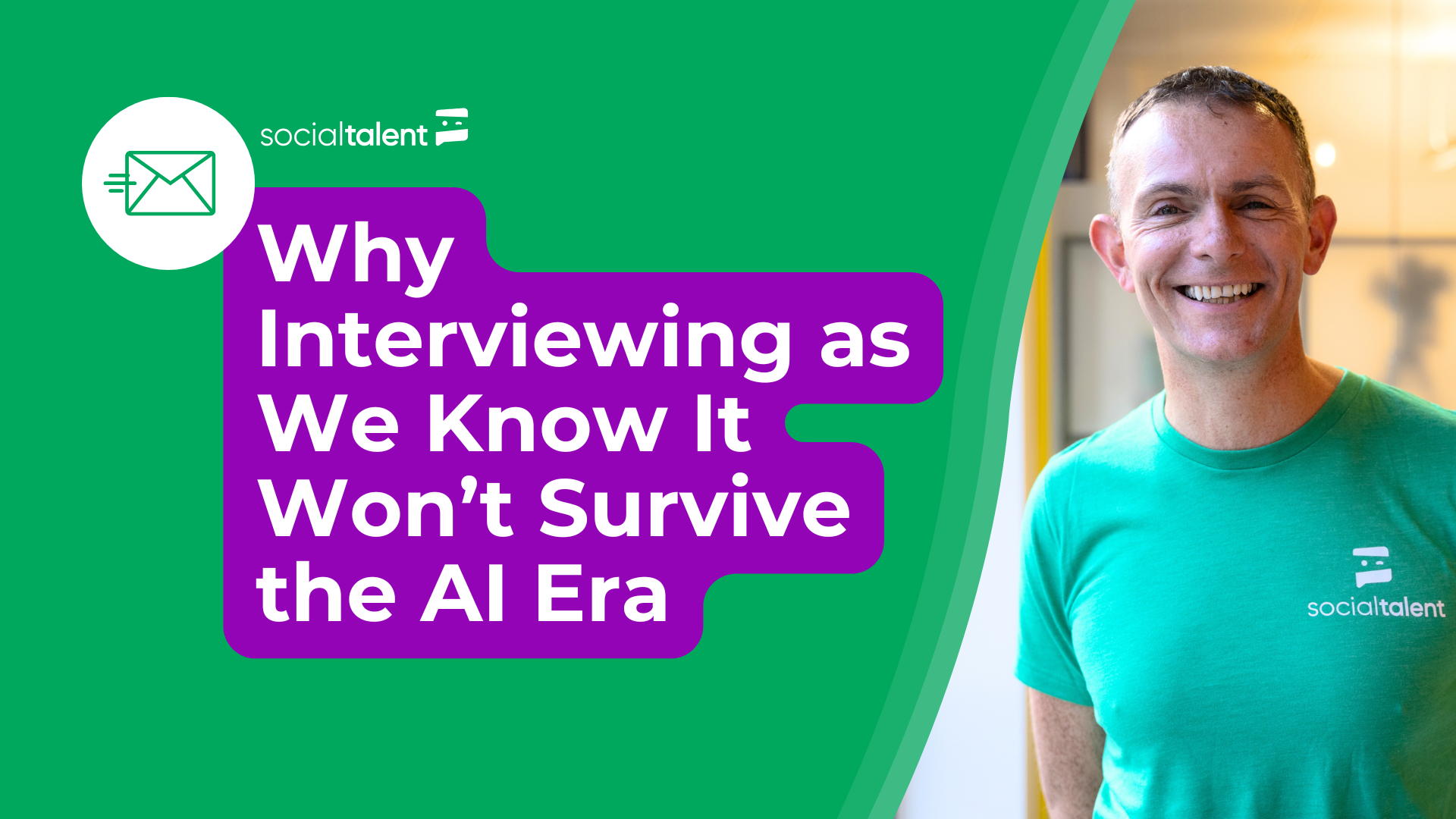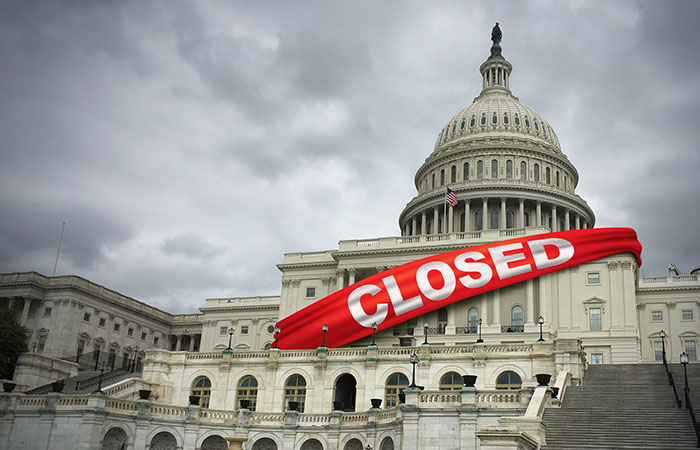The nation’s top workplace civil rights agency reopened with its quorum restored after the longest federal shutdown in U.S. history ended Nov. 12. It’s the start of a new era for the U.S. Equal Employment Opportunity Commission of the second Trump administration — though the commission remains a wildcard for labor and employment watchers.
EEOC’s old playbook for enforcing antidiscrimination is “being thrown out the window,” said Gerald Maatman, partner at Duane Morris, as exemplified by the agency’s recent retreat from disparate-impact discrimination claims. This alone represents a huge shift in EEOC’s enforcement strategy, Maatman added, and it could result in the agency filing fewer systemic discrimination lawsuits, which frequently invoke disparate-impact theory, on behalf of large groups of employees.
“That’s going to have a huge impact on its docket, the way it investigates cases and certainly would suggest that the days of the really big cases involving hundreds of thousands of people are numbered,” Maatman said.
It’s one of several changes made in response to an executive order by President Donald Trump, who has tasked EEOC Chair Andrea Lucas and other federal agency heads with reversing Biden-era antidiscrimination priorities. Attorneys who spoke to HR Dive expect the agency’s 2-1 Republican majority to act swiftly in pursuit of the administration’s priorities.

Andrea Lucas, EEOC’s chair, speaks at a confirmation hearing on June 18, 2025, in Washington, D.C. Lucas has led the agency’s enforcement pivot on diversity, equity and inclusion programs.
DEI programs should be ‘closely scrutinized’ ahead of enforcement threat
EEOC’s shift on diversity, equity and inclusion programs was already apparent with Lucas issuing guidance last March on discrimination related to workplace DEI. The notion of “illegal” DEI remains ill defined, said Frank Morris, member of the firm at Epstein Becker Green, but EEOC will continue to put pressure on employers regardless.
DEI programs “should be very, very closely scrutinized” as employers learn more about the agency’s approach, Morris added. Management-side attorneys have cautioned employers to reframe programs so that they comport with the principle of equal opportunity for all workers, and there are a number of specific adjustments organizations may consider.
For instance, Morris said mentorship programs that were once tailored to specific demographic groups should be opened to any and all employees on a nondiscriminatory basis. Likewise with training programs and affinity groups, the former being of note because of EEOC’s emphasis on religious discrimination and the potential religious objections employees may have to participating in DEI-related training.
“It’s a prudent time, frankly, just to do a proactive audit,” Morris said, noting that his firm has worked with clients to examine how DEI programs are written, as well as how they are put into practice.
One EEOC action that may not receive as much attention moving forward is the kind of direct inquiry exemplified by Lucas’ series of letters to large law firms, issued earlier this year, which asked the firms for details about their DEI programs.
The letters seemed significant during a time when Trump was actively negotiating deals with law firms, Maatman said, but the threat of EEOC making further such inquiries may have declined. EEOC also faces a lawsuit from a group of law students challenging the legality of the letters, which remains in litigation.
“My sense is that this issue has quieted down, and you’re going to see a ruling in the law student case, and whether or not this issue revs back up remains to be seen,” Maatman said.
Still, employers are concerned about their DEI programs given the crosshairs that Trump and Lucas have placed on them. But HR teams also should keep in mind that the agency traditionally only is involved in investigating discrimination when an employee files a charge, said Emily Keimig, partner at Venable.
“I don’t think they are going to be, as an agency, sua sponte taking up investigations,” she continued. “Their jurisdiction, so to speak, is limited, and it’s limited to investigating those claims brought by individuals who suspect that they’ve been harmed.”
As for other specific proactive measures, Keimig said employers should revisit DEI programs that spell out particular groups based on characteristics such as race, sex or national origin — specifically those that aim to increase representation thereof — as these are likely to be challenged by EEOC.
The next steps employers take with respect to these programs may vary, but HR can start by defining what the goal and intent of a particular program is and working backwards to determine how the organization can achieve those aims in a way that is unlikely to be seen as discriminatory, Keimig said.

EEOC has retreated from ongoing cases alleging discrimination on the basis of gender identity, leaving private plaintiffs and advocacy groups to pursue such litigation.
Getty Images
Transgender bias retreat is ‘new territory,’ but private plaintiffs will be motivated to sue
Lucas has directed EEOC’s litigators to cease litigation of ongoing cases alleging gender-identity discrimination on behalf of transgender plaintiffs. It’s another move made in response to a Trump executive order, this time a January proclamation on the “biological reality of sex” that directed agencies to cease references to gender identity as a concept.
As with DEI, EEOC’s shift on gender identity is related to the Republican majority’s focus on religious antidiscrimination enforcement, Morris said, particularly with respect to employees’ refusal, on religious grounds, to adhere to pronoun use guidelines and similar policies intended to be supportive of LGBTQ+ workers.
Because EEOC is anxious to enforce such claims — and appears certain to rescind its Biden-era harassment guidance that classified certain gender-identity-related discrimination as unlawful — employers might need to act sooner rather than later to determine their posture on relevant policies and adjust if needed, Morris continued.
Bathrooms and single-sex facilities are expected to be a particular flashpoint. If employers have been permitting employees to use those facilities based on factors other than biological sex, “that will be an area where it’s 100% certain the commission will be interested in charges and investigating such claims,” Morris said. Employers that wish to continue to accommodate transgender workers may be able to adjust their policies by offering single-person restrooms where possible, among other measures, he added.
On the other hand, EEOC’s shift on LGBTQ+ discrimination may not change much for employers hoping to maintain safe and respectful workplaces, Keimig said. She noted that many organizations had adopted policies in line with EEOC’s harassment guidance before the publication of that document and are likely to continue them if it is rescinded. That’s in part due to an array of state and local laws that prohibit gender-identity discrimination.
“I don’t think the guidance was earth-shattering, and I don’t think its rescission is likely to be particularly earth-shattering either,” Keimig said. “Most employers are continuing to implement and operate, for practical purposes, policies that protect all of those groups, whether LGBTQ+ groups or other historically minority groups.”
There are various legal risks to following EEOC’s lead on gender-identity discrimination, and those risks are furthered by the ability of private plaintiffs and advocacy groups to continue bringing relevant lawsuits against employers. EEOC’s decision to back out of such cases may be “new territory,” to borrow Maatman’s phrasing, but other parties are already stepping up to the plate on behalf of affected workers.
“Where government entities scale back or scale down enforcement litigation, typically the private plaintiffs bar fills the void,” Maatman said. Advocacy groups can sue too, he added, “and there’s pressure on these groups to do so.”
EEOC also tends to file a small proportion of annual discrimination cases in U.S. courts. More to the point, however, is that employers want to be known for selling good products and services, having a good reputation and attracting talent, Maatman said, and discrimination lawsuits won’t be good for business.
Employers also will not see much practical difference between EEOC and private parties when it comes to the pursuit of a case, Keimig said, setting aside the agency’s ability to fund extensive litigation. Morris said the same, noting that an employer’s approach is likely to be substantially the same regardless of which party brings a claim.

View of the U.S. Capitol Dome on Oct. 24, 2023, in Washington, D.C. The end of the longest-ever federal shutdown allowed EEOC to restart operations, but the agency may take time to fully get on top of its case load.
Win McNamee via Getty Images
Expect a fast post-shutdown restart with no time for complacency
Deadlines have already restarted in ongoing lawsuits affected by the shutdown, though it’s expected that EEOC will take time to fully get on top of its case load, Morris said.
Those that deal with areas marked as priorities for the majority, such as religious discrimination and national origin discrimination, could move faster. Employers affected by such litigation should take care to be on top of things, per Morris, and start drafting submissions in cases that have not yet restarted.
“You can’t foresee what the government’s approach and position will be on a variety of issues, so don’t wait until the world is at the door to start taking appropriately precautionary measures,” he added.
Even knowing what issues Lucas and EEOC have emphasized most in public statements and litigation is not enough. Keimig advised employers to keep an ear to the ground and be advised of any changes to the commission’s enforcement.
“It can turn on the dime,” she said. “Always be aware that agencies are changing, the administration is changing, the private plaintiffs’ bar is changing — there’s never a day in which you can be complacent.”



